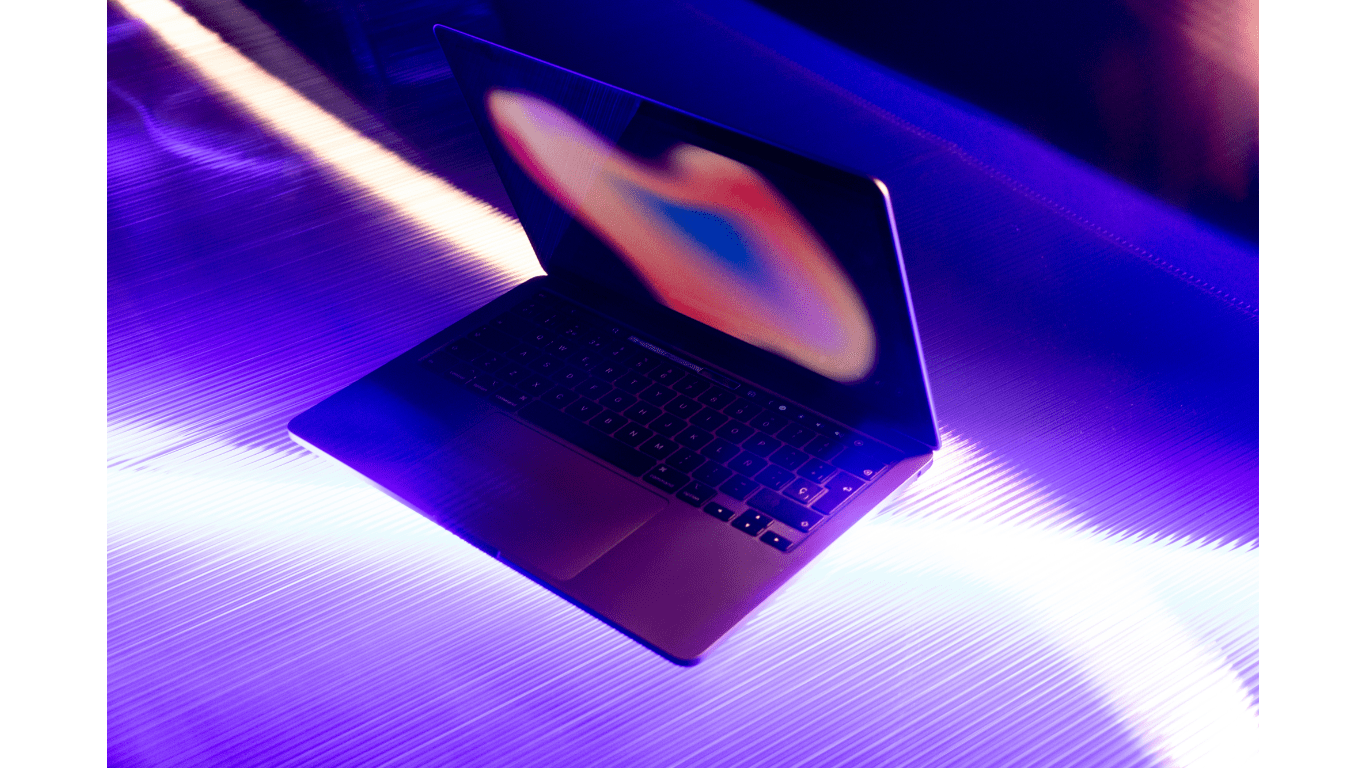Unveiling Tech Trends 2024: What’s Next on the Horizon?
1. The Role of AI and Machine Learning
In discussing tech trends for 2024, AI and Machine Learning continue to dominate the landscape. AI, with its capability to analyze vast amounts of data quickly, is revolutionizing industries ranging from healthcare to finance. Its integration into everyday devices like smartphones and smart home systems enhances user experience by providing personalized solutions. Machine Learning algorithms, constantly learning and improving from data, are powering autonomous vehicles and predictive analytics, shaping a future where seamless automation is the norm.
2. Advancements in Quantum Computing
Looking forward to 2024, Quantum Computing stands at the forefront of technological advancements. Quantum computers, utilizing quantum bits or qubits, offer exponential processing power compared to classical computers. In sectors such as cryptography, material science, and climate modeling, Quantum Computing’s potential is limitless. As research accelerates, quantum supremacy and practical applications are expected to materialize, paving the way for solving complex problems previously deemed unsolvable.
3. The Surge of Blockchain Technology
Blockchain Technology is set to surge in 2024, transforming industries with its decentralized and secure approach to data management. In finance, blockchain enables faster and more secure transactions through smart contracts and digital currencies. Moreover, its applications extend to supply chain management, healthcare, and voting systems, ensuring transparency and trust in data transactions. As blockchain evolves to address scalability and sustainability challenges, its widespread adoption across sectors is inevitable.
The Rise of 5G and Beyond

Boosting Internet Speeds and Connectivity
Evolving beyond its predecessors, 5G technology is set to revolutionize internet speeds and connectivity. With speeds up to 100 times faster than 4G, 5G will propel data transmission to unprecedented levels. This heightened speed opens pathways for seamless streaming, ultra-fast downloads, and real-time communication, enhancing user experiences across various digital platforms.
As 5G networks continue to expand globally, the potential for interconnected devices through the Internet of Things (IoT) grows exponentially. The enhanced speed and reduced latency of 5G technology facilitate smoother communication between IoT devices, leading to more efficient data exchange and automation. Smart cities, driven by IoT solutions, will witness significant advancements in sectors like transportation, healthcare, and infrastructure, creating a more interconnected and digitally optimized urban environment.
Impact on IoT and Smart Cities
The integration of 5G technology into IoT ecosystems will redefine the capabilities of interconnected devices within smart cities. The ultra-reliable and low-latency communication offered by 5G networks strengthens the foundation for smart city initiatives, enabling real-time data processing and analysis. This enhanced connectivity paves the way for innovative solutions such as autonomous vehicles, smart energy grids, and intelligent infrastructure management, revolutionizing urban living conditions through optimized resource utilization and enhanced sustainability measures.
Sustainability in Tech: Eco-Friendly Innovations
1 .Renewable Energy in Tech Industries
In tech industries, adopting renewable energy sources is crucial for reducing carbon footprints. Solar panels on data centers, wind farms powering servers, and hydroelectric energy for manufacturing processes are leading the way in sustainable tech practices. By leveraging renewables, companies can lower their environmental impact and contribute to a greener future.
2. Biodegradable Electronics and Packaging
The shift towards biodegradable electronics and packaging marks a significant step in sustainable tech innovation. Using organic materials that decompose naturally, these products minimize electronic waste and pollution. From bioplastic casings for devices to compostable packaging for electronics, the industry is embracing eco-friendly solutions to create a more sustainable tech ecosystem.
Health Tech Revolution: Innovations in Medicine
Telemedicine and Remote Health Monitoring
- Delving into the realm of health tech revolution, it’s fascinating to witness the advancements in telemedicine and remote health monitoring. Telemedicine, the use of telecommunication and technology to provide long-distance clinical healthcare, has seen a massive surge in adoption. From virtual doctor consultations to remote patient monitoring, telemedicine ensures convenient access to healthcare services. As someone deeply entrenched in the tech landscape, I recognize the transformative power of telemedicine in increasing healthcare accessibility and efficiency.
- Additionally, remote health monitoring has revolutionized the way patients and healthcare providers interact. Innovative devices and wearables equipped with sensors can track vital signs and health data in real-time, enabling proactive healthcare interventions. Remote health monitoring not only empowers individuals to take charge of their health but also allows healthcare professionals to deliver personalized treatments based on accurate and continuous data. With the convergence of technology and medicine, the future of healthcare is undoubtedly promising.
Breakthroughs in Gene Editing and Personalized Medicine
- Gene editing and personalized medicine stand at the forefront of revolutionary healthcare innovations. As a tech enthusiast, I’m excited about the unprecedented possibilities these advancements offer in treating genetic disorders and customizing medical treatments. Gene editing technologies such as CRISPR have unlocked the potential to precisely modify genetic material, paving the way for targeted therapies and gene therapies.
- Personalized medicine takes healthcare customization to a new level by tailoring treatment plans based on an individual’s genetic makeup, lifestyle, and unique health profile. By leveraging data analytics and genetic testing, healthcare providers can deliver personalized treatments that are more effective and less invasive. The fusion of gene editing and personalized medicine heralds a new era of healthcare where treatments are not only curative but also preventive, offering patients tailored solutions for optimal health outcomes.
Cybersecurity Challenges and Innovations
Next-Generation Cyber Defense Mechanisms
In discussing the realm of cybersecurity challenges and innovations, it’s evident that the landscape is rapidly evolving. As technology advances, so do the threats posed by cyber attackers. To counter these challenges, next-generation cyber defense mechanisms are continually being developed to enhance protection. These mechanisms encompass cutting-edge technologies such as AI-powered threat detection systems, blockchain for secure data storage, and quantum encryption for impenetrable communication channels.
In the ever-changing cybersecurity arena, the proactive deployment of these advanced defense mechanisms is crucial to safeguarding sensitive information and preventing cyber breaches. By leveraging AI algorithms to analyze vast amounts of data in real-time, organizations can detect anomalies and potential threats more effectively, enabling prompt responses to mitigate risks. Furthermore, the integration of blockchain technology ensures data integrity and decentralization, making it harder for malicious actors to compromise information.
The Increasing Importance of Ethical Hacking
With the rise of cyber threats, the role of ethical hacking has gained significant prominence in fortifying cybersecurity measures. Ethical hackers, also known as white-hat hackers, play a vital role in identifying vulnerabilities within systems and networks before malicious hackers exploit them. Their proactive approach helps organizations strengthen their defenses by patching security loopholes and fortifying systems against potential cyber attacks.
Ethical hacking encompasses various methodologies, including penetration testing, vulnerability assessments, and security audits. By simulating real-world cyber attacks, ethical hackers can assess the resilience of security measures and identify areas for improvement. This proactive approach not only helps organizations preemptively address security flaws but also fosters a culture of continuous improvement in cybersecurity practices. As the digital landscape evolves, the increasing importance of ethical hacking underscores its essential role in mitigating cybersecurity risks and enhancing overall defense strategies.

 Amber Derbyshire is a seasoned article writer known for her in-depth tech insights and analysis. As a prominent contributor to Byte Buzz Baze, Amber delves into the latest trends, breakthroughs, and developments in the technology sector, providing readers with comprehensive and engaging content. Her articles are renowned for their clarity, thorough research, and ability to distill complex information into accessible narratives.
With a background in both journalism and technology, Amber combines her passion for storytelling with her expertise in the tech industry to create pieces that are both informative and captivating. Her work not only keeps readers up-to-date with the fast-paced world of technology but also helps them understand the implications and potential of new innovations. Amber's dedication to her craft and her ability to stay ahead of emerging trends make her a respected and influential voice in the tech writing community.
Amber Derbyshire is a seasoned article writer known for her in-depth tech insights and analysis. As a prominent contributor to Byte Buzz Baze, Amber delves into the latest trends, breakthroughs, and developments in the technology sector, providing readers with comprehensive and engaging content. Her articles are renowned for their clarity, thorough research, and ability to distill complex information into accessible narratives.
With a background in both journalism and technology, Amber combines her passion for storytelling with her expertise in the tech industry to create pieces that are both informative and captivating. Her work not only keeps readers up-to-date with the fast-paced world of technology but also helps them understand the implications and potential of new innovations. Amber's dedication to her craft and her ability to stay ahead of emerging trends make her a respected and influential voice in the tech writing community.
